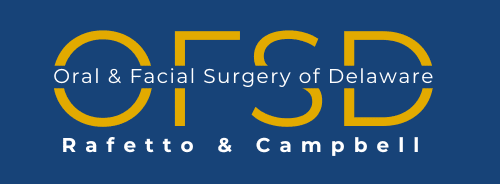Getting a dental implant is a significant step toward restoring your oral health and confidence. While the procedure itself is crucial, the care you give to your implant afterward plays an equally vital role in its long-term success. Proper aftercare better ensures that your implant heals well, integrates properly with your jawbone, and functions like a natural tooth for many years to come.

The First 24 Hours: Setting the Foundation for Healing
The initial day following your implant procedure is critical. Your body begins the healing process immediately, and how you manage this period can impact your overall recovery. It’s normal to experience some discomfort, swelling, or slight bleeding. Your dentist will likely recommend over-the-counter or prescribed pain medication, and you may be advised to apply a cold compress to minimize swelling.
During this time, it’s important to avoid disturbing the surgical site. That means no rinsing your mouth vigorously, no touching the area with your tongue or fingers, and certainly no smoking. Smoking significantly increases the risk of implant failure by interfering with blood flow and healing. It’s also best to stick to a soft diet, avoiding hard, crunchy, or spicy foods that might irritate the implant site.
Oral Hygiene: Gentle but Consistent
Maintaining excellent oral hygiene is essential after getting a dental implant. However, it requires a delicate balance during the early healing phase. You should continue to brush your teeth, but be very gentle around the surgical area. Your dentist may provide you with a special mouth rinse to help reduce bacteria and prevent infection. Avoid using an electric toothbrush or water flosser near the implant until your dentist confirms it’s safe to do so.
As the days go by and healing progresses, you can gradually return to your normal oral hygiene routine. At this stage, incorporating flossing or interdental brushes designed for implants can be beneficial. Keeping your mouth clean will help reduce the risk of peri-implantitis, a condition similar to gum disease that can compromise the health of your implant.
Diet and Lifestyle Adjustments
What you eat and how you care for your body overall will affect the healing of your dental implant. For the first few days, stick to foods that are easy to chew and swallow, think smoothies, yogurt, mashed potatoes, or scrambled eggs. Avoid hot beverages, alcohol, and anything with seeds or small particles that could get lodged near the implant site. In the longer term, try to maintain a balanced diet rich in nutrients that promote bone and tissue health, such as calcium, vitamin D, and protein. Hydration also supports recovery, so make sure to drink plenty of water throughout the day.
It’s wise to avoid smoking or chewing tobacco entirely, not just during the healing period. These habits can impair healing and contribute to implant failure over time. Regular exercise and good general health also support your immune system, which in turn helps with recovery and maintenance of your implant.
Follow-Up Care and Monitoring
Attending all scheduled follow-up appointments with your dentist or oral surgeon is vital. These visits allow your provider to monitor the implant’s integration with your bone, check for signs of infection or inflammation, and make any adjustments to your aftercare routine. Depending on your healing progress, the final crown or restoration will be placed a few months after the implant surgery. Even after the implant has fully healed and your new tooth is in place, regular dental checkups every six months remain important. Your dentist will inspect the implant and surrounding tissues to ensure everything remains healthy and functional.
Dental Implants in Delaware
At Oral & Facial Surgery of Delaware, we understand the importance of a complete bite. If you’re missing teeth, a dental implant may be able to help. Contact our office today to schedule a consultation and see if implant dentistry is right for your smile.
